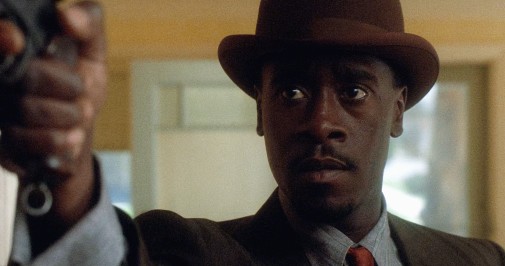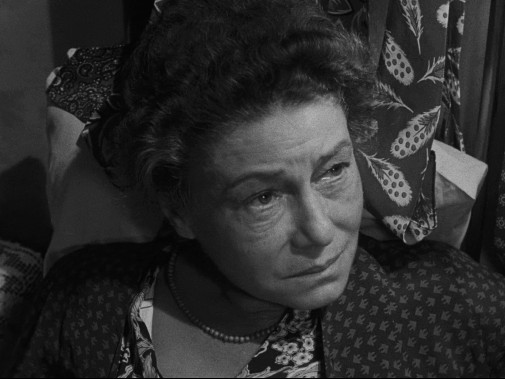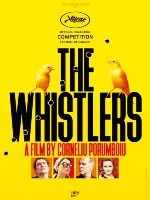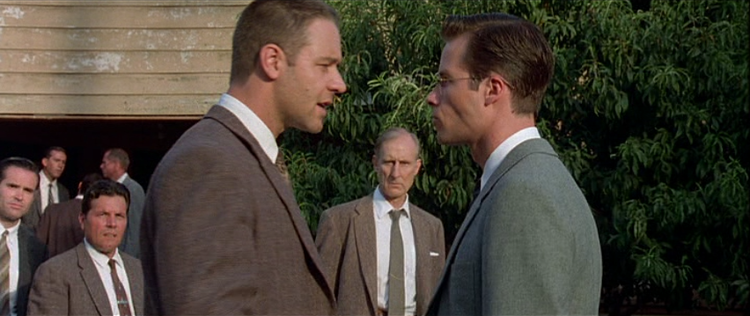Almost There: Don Cheadle in "Devil in a Blue Dress"
 Wednesday, November 30, 2022 at 7:11PM
Wednesday, November 30, 2022 at 7:11PM 
Noirvember can't end without a noir-themed write-up here at The Film Experience. It falls on the Almost There series to consider a style born in shadows, that cinema which came into its own in the aftermath of war and persists in perpetual reinvention. Though it'd be nice to look back on the origins of noir, most of the classics fell outside the Academy's radar. So it's only logical to wander into the depths of neo-noir, searching for a title that embodies the best of it all, combining classical sensibilities with a modern perspective. Thus, one arrives at Carl Franklin's Devil in a Blue Dress, a 1995 adaptation of Walter Mosley's book where a 1940s-set crime drama is reframed through the centering of a Black protagonist.
However, it wasn't the film's hardboiled anti-hero who caught the attention of awards voters. Instead, those honors befell on a supporting player – Don Cheadle in his breakout role as a dangerous man called Mouse…






